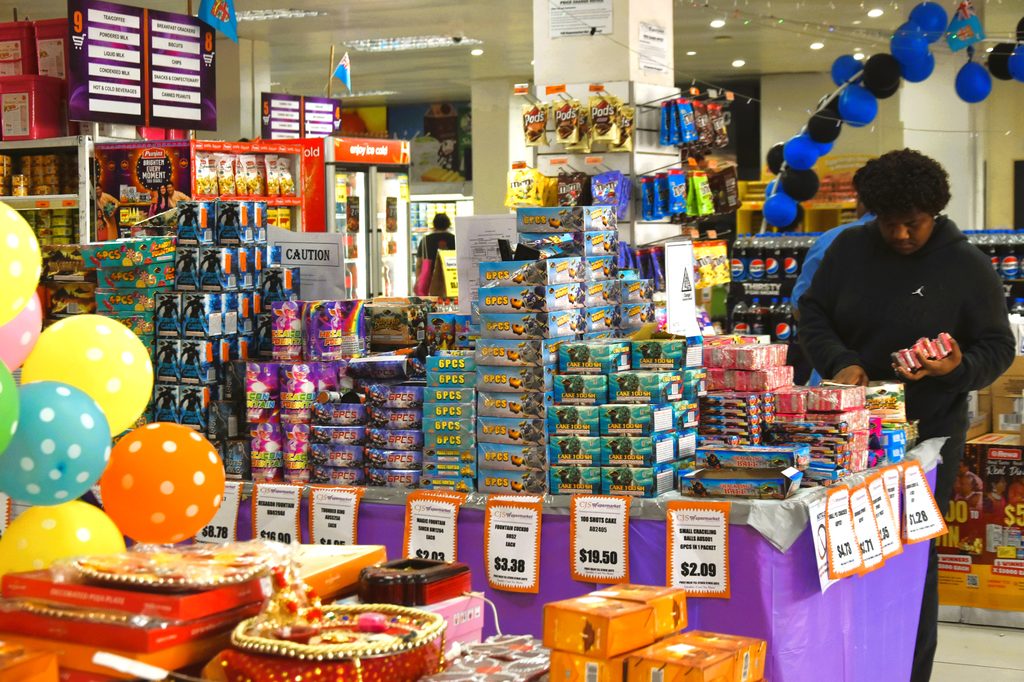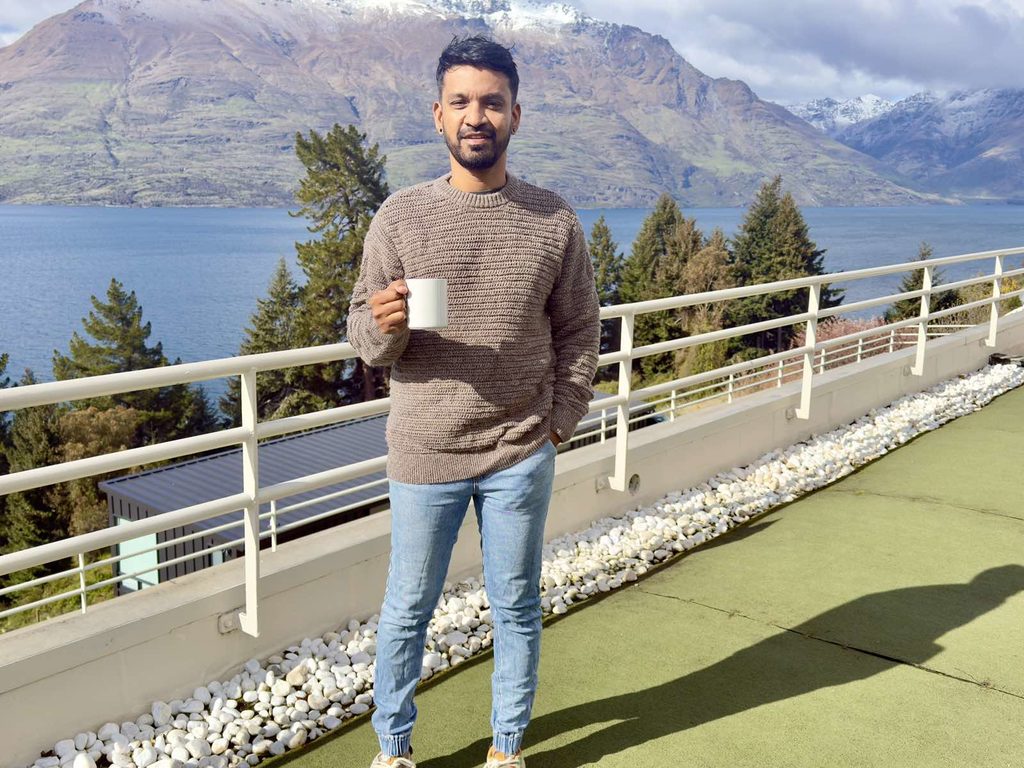Billy Garcia wants to open his own restaurant – and the teenager is already working on making his dream come true. Photo: Claire Sams.
Unlike many teenagers, Billy Garcia knows exactly what he wants to do with his life.
The 15-year-old apprentice chef is working one day a week in a commercial kitchen and wants to open his own restaurant.
Profoundly deaf, Billy uses a combination of accessible technologies, sign language and interpreters to communicate.
“I would have a look online and see what fields and careers there were. There’s Coles, Bunnings, Kmart … I’ve a friend who works as a chef, a deaf chef,” he told Region through an interpreter.
“I was tossing up between different jobs and he explained this was an opportunity … I wanted to give it a try.”
Billy’s culinary career started with a two-week work experience stint at the Australian National University’s Ursula Hall, before he was offered an apprenticeship.
This year, he’s starting a Certificate III Cookery, which means he’ll balance work with studying at school and the Canberra Institute of Technology.
He said assisting his fellow cooks had been long, but enjoyable, hours.
“There’s cutting up the ingredients, laying the ingredients onto the grill, helping move the items – also helping with the washing up, organising the utensils so they’re nice and tidy, and just cleaning up in general.”
In the kitchen, Billy said they used signs created by a deaf colleague, as well as an app that interpreted signed and spoken language.
“In the workplace, we’ve got some basic signs on little posters up on the walls – some drinks, some foods and whatnot.
“That’s a little bit of a reminder and they [staff] learn how to sign certain things. Some are quite busy, so they don’t really take the time to learn it.”
Dad Daniel said it meant while his son was learning Auslan (Australian Sign Language), those existing signs, already designed for the busy and chaotic kitchen environment, were a step towards accessibility.
“He has an advantage in commercial cookery because the chef is deaf,” he said.
“[They had to] create that vocabulary for her, so that vocabulary is there.”

Daniel Garcia (left) says Billy’s deafness is genetic; Billy’s mum is also deaf. Photo: Claire Sams.
Originally from Venezuela, the family has used a combination of Spanish, English, Venezuelan Sign Language and Auslan at home over the years.
The family also lived in Peru for several years while applying for visas before reuniting in Australia.
Daniel said each country – and even different regions or cities – used different signs.
“He’s learning English, he’s learning and now he’s learning how to cook – in between other activities as he gets settled,” he said.
“It has been hard for him, but he’s capable of doing many things.”
While Billy didn’t grow up cooking with his parents a lot, he’s keen to keep learning how a commercial kitchen works during his apprenticeship – and of course, trying new food.
“I’ve never really been a fussy eater – I’m willing to give anything a shot. I’ll eat anything,” he said.
“I like trying out different cultural restaurants, so South Korean restaurants or burger joints, anywhere I can eat, really.”
Billy started the apprenticeship in August which will continue into February 2026.
One of his apprenticeship support consultants, Jeff Pollard from Mas National, said it was a chance for Billy to start his career while finishing high school.
“When he was at work experience, he impressed them and they wanted to give him a shot.
“They’ve had experience with deaf people. For our end, Billy is a brave boy who’s prepared to have a go.”






